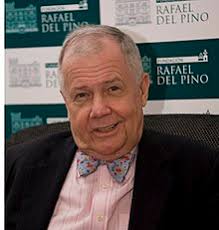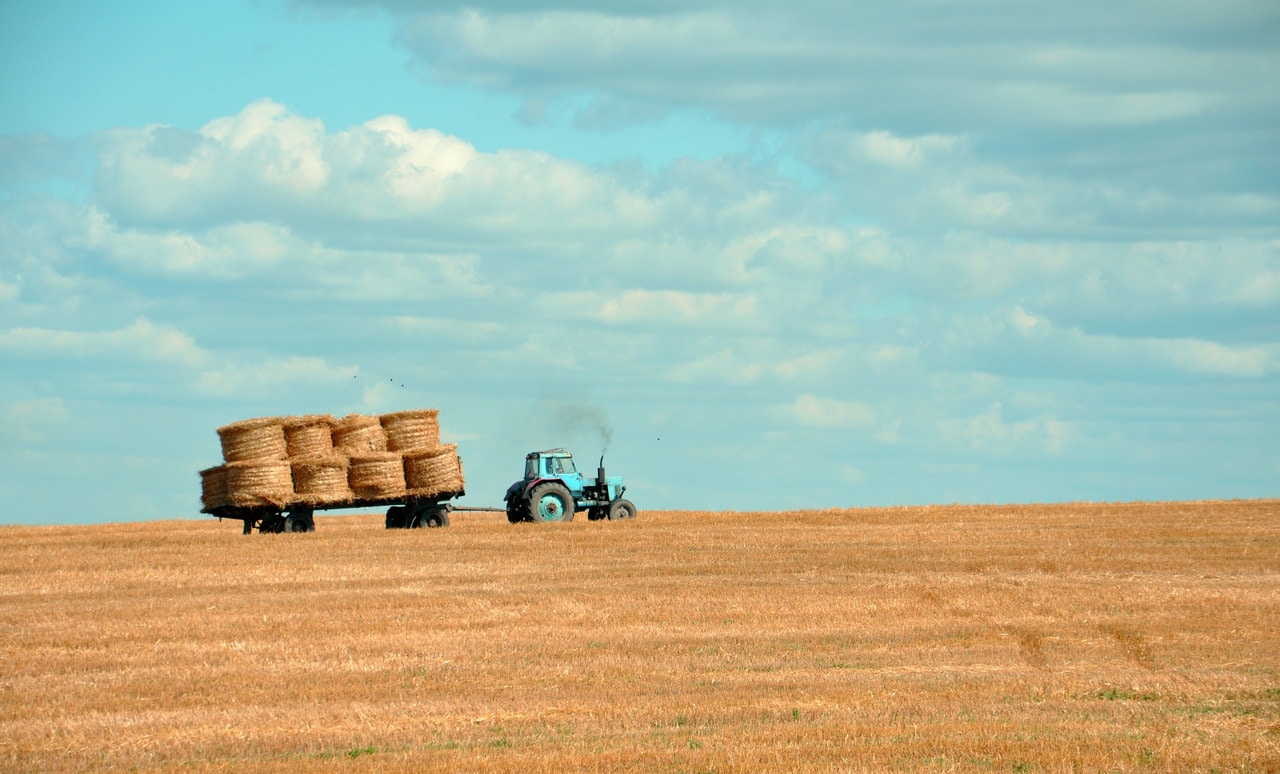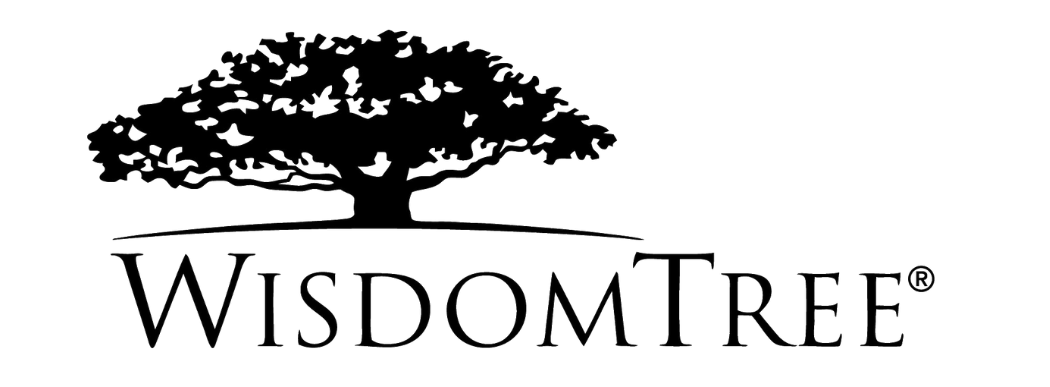Jim Rogers, the famous investor and former business partner of George Soros, is very bullish on agriculture and remains positive on China.
Rogers expressed his views this week in a conference call organised NTree.
Equities
Rogers is pretty sceptical about equities at the moment; especially in the US. He thinks they're most over-valued.
'My parents tried to teach me to buy low and sell high and with the US stock market at an all-time high, you usually don't want to buy something at all-time highs….whatever stocks I own are in Asia, Russia, places like that.'
That said, he thinks markets may have some more puff for a while. If markets start to fall significantly from here, he thinks central banks 'will panic and try to do something to save the market. The markets will have a rally but I suspect that will be the last rally.'
Policy makers 'will get more and more desperate, they will print even more money and this will go into hard assets.'

Jim Rogers in 2010
Agriculture and commodities
Rogers thinks valuations for commodities are much more reasonable. And he's especially keen on agriculture.
When you look at all commodities, 'agriculture has been the worst performer over the last 20 years. I'm insanely optimistic. I think the fundamentals are changing. We're due for a new bull market in agriculture. In fact, all commodities, but I suspect agriculture will be best.'
As for the wider commodities market, Rogers admits resources have underperformed since 'the blow-off two years ago.' But he thinks that will change and one reason for that is the supply side. Miners have slashed capex on new mines and that means you can still have a bull market for commodities even if demand is weak.
'I would be long commodities, even though I've told you there will be problems in some economies. You can have a slowdown in demand and still have a bull market if supply goes down too.'
He's singing a slightly different tune when it comes to gold though. He owns gold and silver and says he definitely won't sell those holdings at current prices. But he won't buy gold again until it falls below the $1000 mark. (The current price is around $1240.)
China
Rogers is famous for being positive on China and that hasn't changed. However, he does warn that a slowdown is coming.
'Every month in china, it's a different country. But there will be problems in China. Don't think it will be straight up. As America became the most successful country in 20th century we had many problems. We had 15 depressions, a horrible civil war, massacres in the streets, and yet we became very successful.'
Rogers thinks the slowdown will be triggered by the Chinese government's moves to try and reduce debt in the country.
'China is the next great country of the world, but just as America had a lot of problems along the way, well China will too.'
Is Rogers right?
The first thing to say is that Rogers has been fan of China and commodities a long time. So there's a danger that he's just sticking with his default position, and not saying anything desperately insightful about where we are now.
For what it's worth, I agree with him on China. The growth story is too big to ignore and I think the country will ride through future headwinds. I'm less confident, however, on commodities. I get Rogers' point that a lack of investment means that supply will fall. But demand is important, and I suspect it's going to fall a lot as China invests less in infrastructure and becomes more of a consumption-led economy.
As for gold, I have some money invested in gold and I plan to keep it. I think it's a good insurance policy for the rest of my portfolio. Like Rogers, I have no plans to buy any gold at current prices.
I should also just say that Jim Rogers is a far, far, far more successful investor than me. So maybe you should give more weight to his views than mine.
What to do
If you want to implement some or all of these ideas, there are ETFs or similar products that can help you.
For China, take a look at the Xtrackers MSCI China UCITS ETF 1C (GBP) | XCX6. It's mainly made up of Chinese shares listed in Hong Kong and New York and includes big Chinese names such as Tencent and Alibaba. The index is also gradually being expanded to include more shares listed on the Chinese mainland.
When it comes to agriculture, you could consider the ETFS Agriculture ETC (GBP) | AGAP. It's important to note that this isn't an ETF, it's an ETC (exchange traded commodity.) That means you don't get the regulatory protection that comes with an ETF. The product tracks the Bloomberg Agriculture Subindex which comprises a range of agricultural commodities. The ETC doesn't actually own any of the underlying commodities. Exposure is provided by investing in a basket of commodity futures.
And if you're a gold fan, the ETFS Physical Gold ETC | PHGP is a popular option. Again, this isn't an ETF, but it is backed by gold bars held in a vault.





